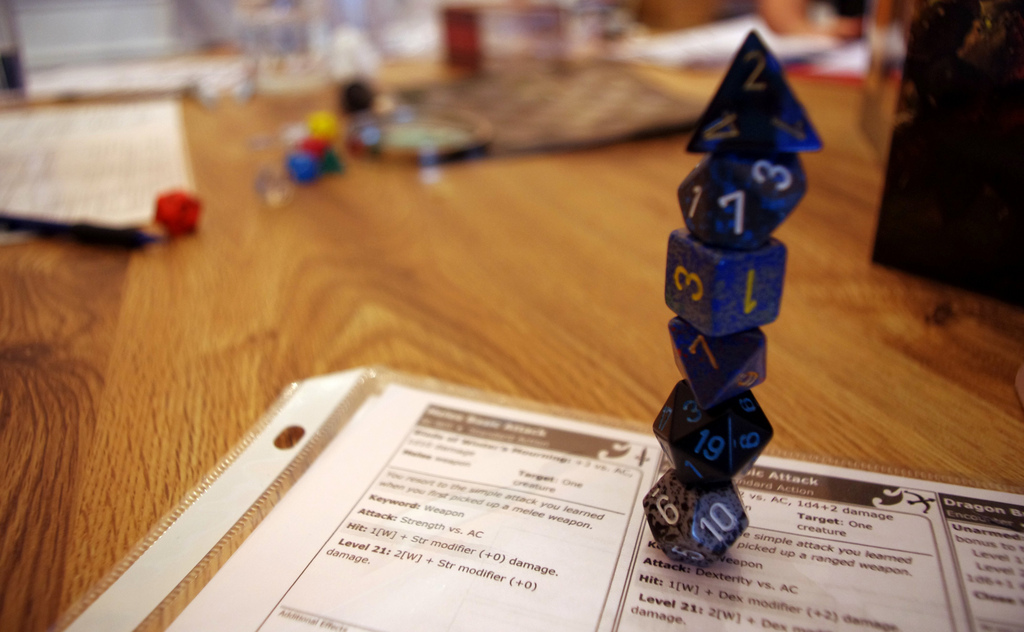I remember being a kid and playing the Legend of Zelda for the first time. I remember sitting by and watching my cousins beat the final boss in Super Metroid and the feeling of my heart racing in my chest as we made the race against time to exit the planet. I remember the shock and joy I felt when, after escaping the planet, I learned that Samus was a woman. I used to beg my mom while in line at the store to buy me the newest pack of Pokemon cards, and the feeling I had when I got my first holographic card. The first boy I ever kissed was the same boy I used to trade Pokemon cards with at summer camp. I cried for a full day after my mom told me that she wouldn’t buy me the new Gameboy color. I remember my first Dungeons and Dragons campaign, how I was told I could be anyone I wanted.
And I remember the point at which I decided that I didn’t want to play as a white person anymore. When I began to consciously see people who looked like me be powerful, save kingdoms and fight monsters. Being a person of color in these spaces isn’t easy. My friends, who were so willing to accept me for my sexuality, my interests, my uniqueness, those same friends who, when I came out to them, didn’t bat an eyelash, had such a hard time seeing me and accepting me as a person of color. It wasn’t that they didn’t see me as brown, but they were uncomfortable acknowledging my experiences as a person of color in the real world. To them, characters in video games, movies, and books were white because it was “easier” for people to insert themselves over those characters. And my family, to them, things like Dungeons and Dragons, Star Trek, and Lord of the Rings were white people things. To them my interests in these things were a sign that I was losing touch with my culture, or that I was “becoming white.”
Over the years I have found these spaces to be both places of great healing, where I can be around creative, fun, awesome people, and also places of pain, where I rarely if ever see people that look like me. Tabletop games like Pathfinder and Dungeons and Dragons let me not only create playable characters who look like me, but who are powerful and strong. By playing these characters, who defeat giants and save kingdoms, I am reminded me of my own power. I may not be able to cast fire bolt at my enemies or thunder wave people out of the way, but the people in power and the system itself have done everything in their power to bring me down. But they can’t.
And the idea that I can’t like these things without losing my POC-ness, as though the melanin in my skin fades with each episode of Star Trek, is not only untrue, it’s insulting. I still face racism and violence, regardless of the interests I have.
How do we navigate these spaces? For me, the answer is the same as it is for any other space. Be critical of the things you enjoy. Make sure you hold creators and community members accountable for the things they do and say. Find creators and community members that have already done the work to be better people. Stop accepting mediocrity. For a long time, I told myself “At least this game doesn’t do ____” or “ At least this is better than ____.” As people of color, we often look at people, entertainment, and media and celebrate that “At least this isn’t completely horrible,” When we should be thinking “let’s stop celebrating mediocrity and start demanding excellence!”
Let’s come together to embrace our QTPOC nerds, geeks, and gamers. Let’s create spaces for our community members to come together and be who they are!


